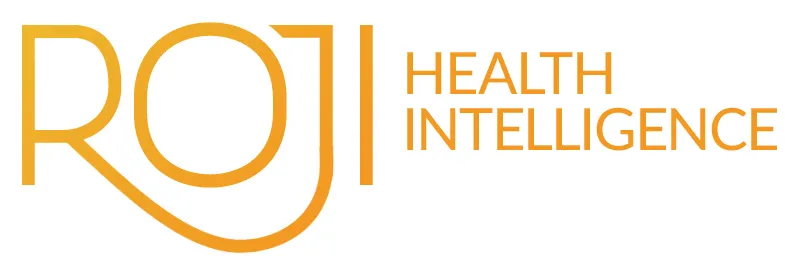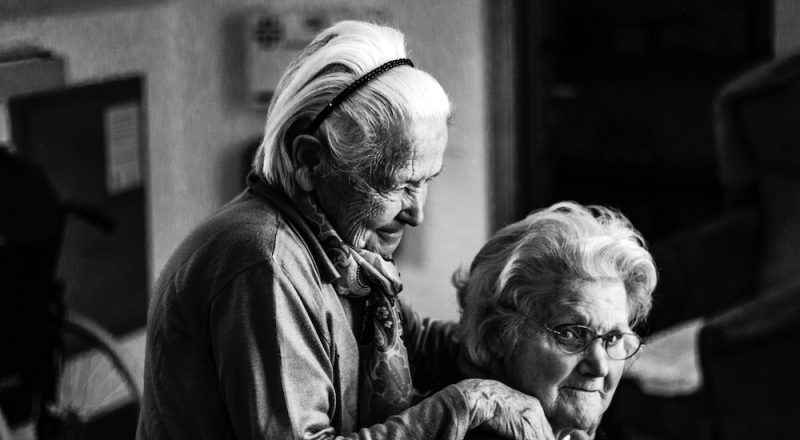Our articles on women’s health care issues have focused on areas that must change in order to provide better quality and outcomes, to lower costs, to advance treatment, and to treat women respectfully and equitably as patients and providers. We have demonstrated how women have been sidelined from getting the right health care because of […]
At the Heart of Gender Disparities in Health Care is Women’s Pain
Pain is a key symptom of injury or disease, and managing acute pain is usually one of the first services provided to patients. But if the patient in pain is a woman, the provider may require more convincing. Providers doubt that women’s pain is real and underestimate the level of pain for women. Substantial evidence […]
At the Heart of Gender Disparities in Health Care is Women’s Pain
Pain is a key symptom of injury or disease, and managing acute pain is usually one of the first services provided to patients. But if the patient in pain is a woman, the provider may require more convincing. Providers doubt that women’s pain is real and underestimate the level of pain for women. Substantial evidence […]
If Not Now, It’s Too Late: Clinical Science Is Futile If We Study the Wrong Population
In 1936, the Literary Digest, a respected national magazine, undertook a public opinion poll. Who would win the race between Republican Alfred Landon, governor of Kansas, and Democratic incumbent Franklin D. Roosevelt? Mock ballots were mailed to 10 million Americans. About 2.4 million responded—one of the largest survey samples ever created. Their prediction? Landon would […]
Providers, Take Note: Prepare for the Future Health Care of Older Women
Our review of women’s health care has called attention to disparities in risk factors and biological disease differences, treatment variances, and lack of adequate research. Gender and race have obscured perceptions of women’s symptoms, creating delays in diagnoses and treatments and even early death. A serious gap in gender-specific research and gender-analyzed data contributes to […]
Providers, Take Note: Prepare for the Future Health Care of Older Women
Our review of women’s health care has called attention to disparities in risk factors and biological disease differences, treatment variances, and lack of adequate research. Gender and race have obscured perceptions of women’s symptoms, creating delays in diagnoses and treatments and even early death. A serious gap in gender-specific research and gender-analyzed data contributes to […]
Conflict of Interest in Medical Practice Is Hardwired: Unless We Acknowledge It, Nothing Will Change
In philosophy class, we were asked to choose which of two children falling out of a boat, unable to swim, should we save. Kant believed all people share the same moral equivalency, and a choice cannot be made to save one or the other based on morality. They must be treated the same. This question […]
Wise Patients Really Can Make Medical Decisions
“The numbers in this blog are hard to believe. Why is the medical profession recommending shingles vaccine? It is one thing to say that patients should be their own advocates. But why would medical professionals recommend a vaccine to their patient that has such a paltry risk/benefit outcome? After all, we go to doctors because […]
Why ACOs Must Build Trust with Providers and Patients to Meet Goals
As ACOs develop approaches to Value-Based Health Care, they are struggling with a key issue: lack of trust. How can providers commit to collective cost reductions that could have potentially negative revenue consequences for themselves individually or on their practices? If they don’t believe that the other players or their ACO are operating in the […]
How ACOs Can Leverage Price Transparency To Create Value for Consumers
Health care consumers are being forced to assume a greater share of costs for treatment. But how can patients determine the value of health care services if they can’t compare costs? Lack of price transparency is a major obstacle to value-based medical decisions. In evaluating treatment options or services by different providers, consumers have no […]








